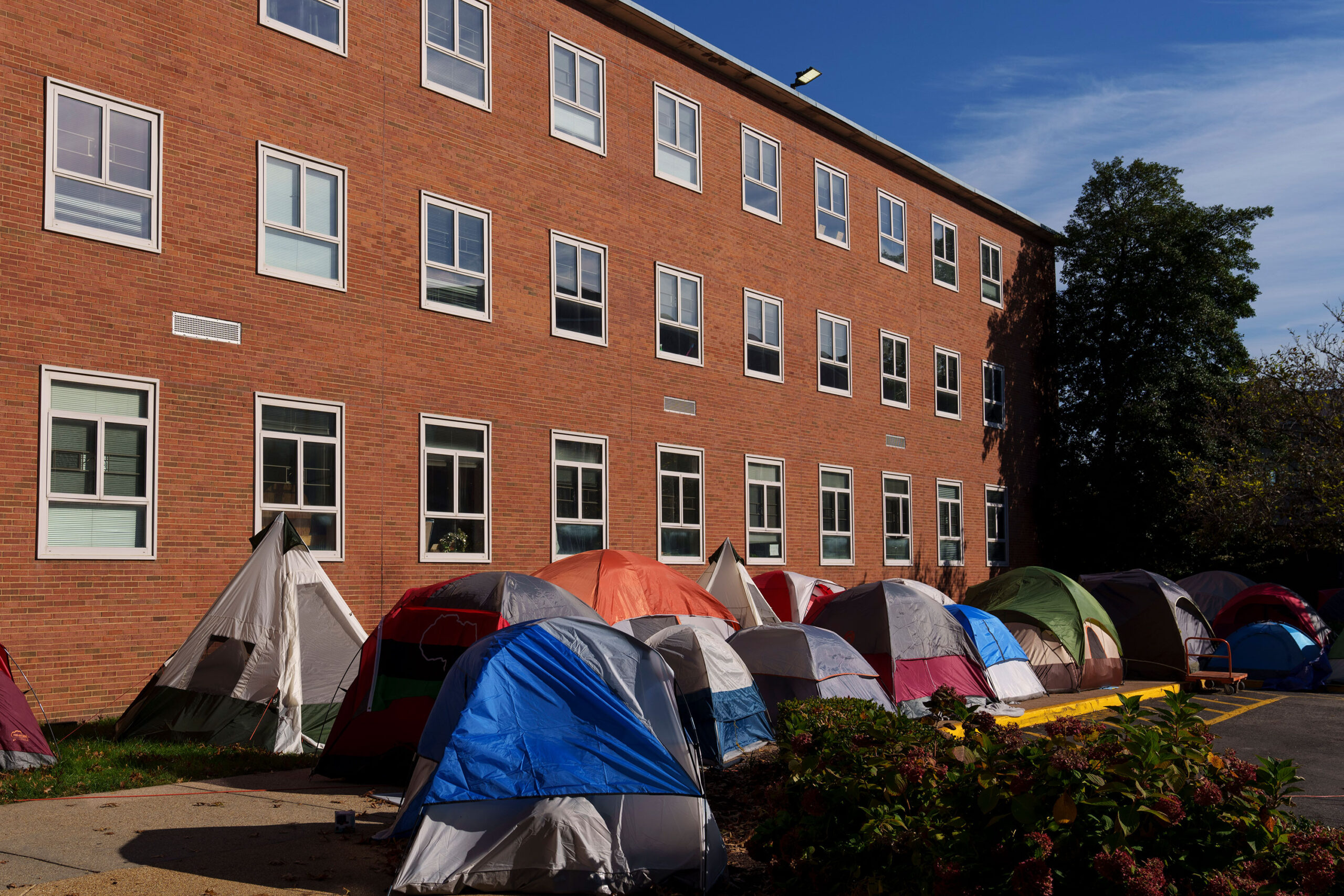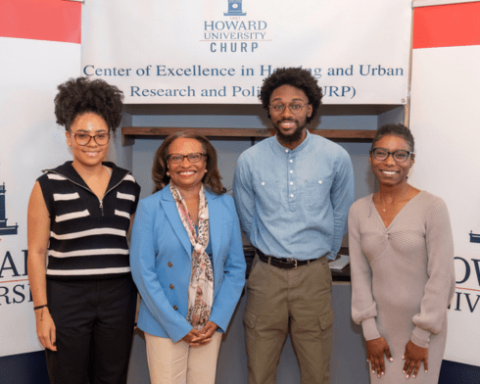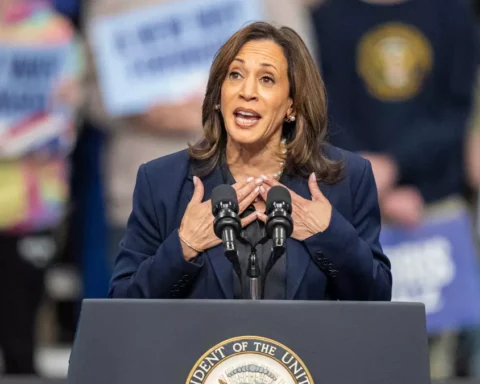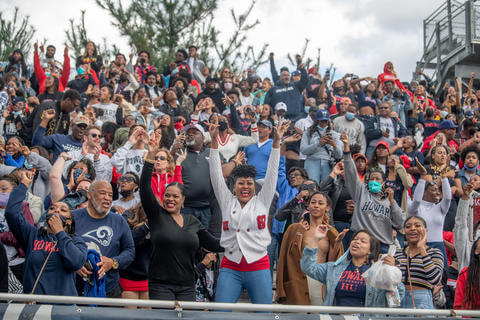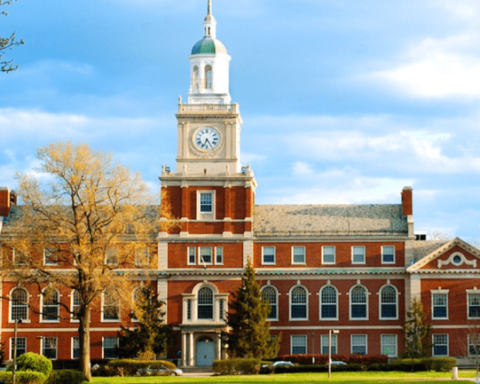Students at Howard University have reached an agreement with university officials after a month-long protest over housing conditions on campus.
Wayne Frederick, the president of the historically Black college in Washington, DC, said Monday afternoon that the agreement between the school and the students who occupied Blackburn University Center over poor housing concerns is a “welcome step forward.”
In a video message and letter posted on the school’s website, Frederick said, “even one issue in one of our dormitories is too many, and we will continue to remain vigilant in our pledge to maintain safe and high-end housing.”
Students had been sleeping in tents and air mattresses at the school’s Blackburn Center since Oct. 12 to protest what they say are poor dorm conditions. The students reported mold, flooding and roach and mice infestation in the buildings. They demanded that the university provide a comprehensive plan to fix the building issues and be more transparent.
Jasmine Joof, spokeswoman for the #BlackburnTakeover, said Monday that the agreement has effectively ended their protest.
“We have achieved increased scrutiny, transparency and accountability,” Joof told CNN.
While not offering details on what the next steps are, Frederick said he will continue to “work collaboratively” to build a culture where the concerns of everyone are heard. He said he would share details “soon on our ideas that will address concerns and build a culture where all are heard.”
“The health and well-being of our students is the most important part of my job as president,” he said.
The sit-ins garnered national attention with lead civil rights activists that include Rev. Jesse Jackson, Rev. William Barber II and Martin Luther King III publicly supporting the students. Jackson was on campus earlier this month attempting to mediate the situation with students and Howard administration.
Student activists and civil rights leaders say the controversy is indicative of a widespread issue with crumbling buildings on century-old HBCU campuses that are often underfunded compared to predominately White institutions.
